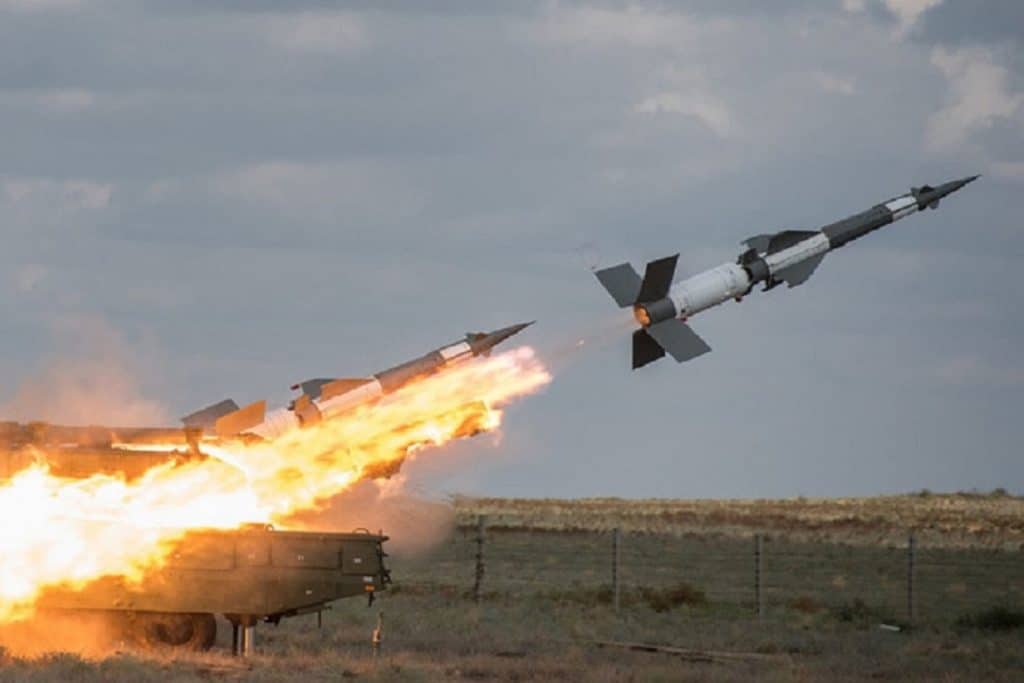By Denis Korkodinov
Russia is actively seeking to increase its own security. Through the international exercises, announced in September 2019 , Soyuz-2019 and Center-2019, Moscow intends to demonstrate its modernized military capabilities, strengthen its position in the post-Soviet space and establish stronger relations with South Asian states.
It is worth noting that military exercises under the auspices of Russia fully reflect the geopolitical goals of Vladimir Putin, who, experts say, intends to achieve a significant advantage in the international arena, demonstrating a high degree of readiness to repel any external threats. In turn, military exercises, together with economic assistance measures, in one way or another contribute to the involvement of Russian interests in the orbit of its closest neighbors and, above all, Belarus, Moldova and Mongolia, with which Moscow has already managed to sign cooperation agreements.
The fact that Russia intends to organize military exercises in various directions almost simultaneously, most likely indicates that Moscow is considering a scenario of military operations on several fronts, among which the main threat is represented by western, southern and northern. And, despite the fact that the exercises differ in duration and task setting, their goal is the foundation of Russia’s military doctrine – to always be ready to repel an external attack.
However, the military capabilities of Moscow are still limited. In particular, in protecting its own interests, it is still dependent on support from neighboring states. Because of this, the exercises “Shield of the Union-2019” and “Center-2019” emphasize the vulnerability of Russia in case of loss of confidence from the neighbors.
Moscow is trying to devote much attention to the development of the predominantly junior command personnel of the army, encouraging initiatives related to the unconventional solution of military tasks. As an example, experts cite Russian troops who have served in Syria and are able to act quickly and flexibly in any combat situation.
Citing the Syrian theater of operations as an example, Moscow intends to emphasize, first of all, the antiterrorist nature of the announced exercises. So, Center-2019 aims to develop a scenario for repelling a potential threat posed by terrorist organizations operating in Central Asia and mainly in Afghanistan. In turn, the Union’s Shield-2019 is aimed at preparing troops for the elimination of militants that could harm Russia from Belarus.
Involvement in the Syrian conflict poses a number of problems for Moscow related to the protection of its own borders. First of all, this concerns the ability to quickly redeploy strike groups in the event of an immediate threat to national security. Military exercises just allow Russia to improve its experience and test the ability of its own armed forces to travel long distances in minimal time and maintain high combat readiness, regardless of where they are deployed.
(The views expressed in this article belong only to the author and do not necessarily reflect the views of World Geostrategic Insights)







